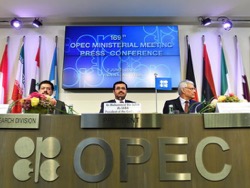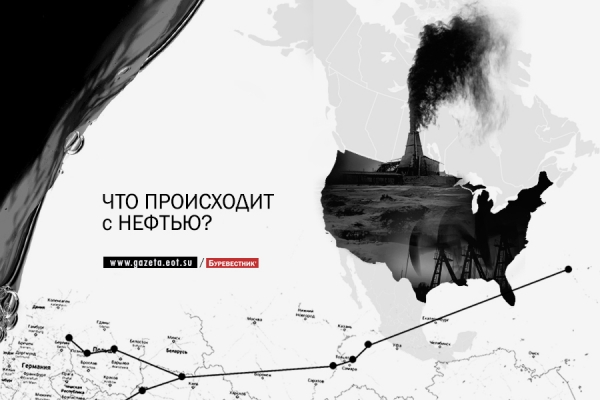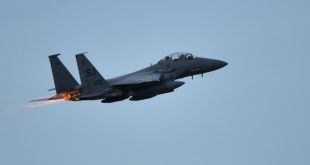
Kings, princes and Ministers try to stop the twilight of the petroleum century
The largest countries-producers of black gold will face the difficult task of how to organize the oil shortage in the market in terms of its enormous surplus, to whet quotes. If the meeting in Doha will be successful, States, living off the production and sale of energy, will finally be able to breathe a sigh of relief — their economy will get more time to calm diversification.
The key event next week is scheduled for April 17, a meeting of representatives of the countries-oil producers in the Qatari capital Doha. The delegations will discuss the possibility of freezing the production to maintain collapsed in recent months prices. The overabundance of oil on the world market, according to various estimates, from 1.5 million to 2 million barrels per day.
The decision to freeze production can be a powerful driver for short-term growth of quotations in the oil market. Against this background, the prices have already grown up — Friday, April 8, the price of Brent превысила41 dollar per barrel.
At a meeting in Doha to lay a lot of hope — in particular, Russia, has suffered greatly from falling of the prices for hydrocarbons, expects to reach agreement on the standstill of production. This was announced by energy Minister Alexander Novak on April 8.
Now the level of oil production the main producer countries is high, so freeze or even a reduction is possible. “A five percent reduction would be for the world economy just superreserve”, — the analyst of Raiffeisenbank Andrey Polischuk.
But drastic changes in the market following the meeting in Qatar is not worth waiting. The participants at any time can withdraw from the agreement and to increase supplies, experts say.
Sworn friends
The uncertainty surrounding the Doha summit high, the countries-suppliers of oil have different interests and, as a rule, severe economic problems. In addition, there is no trust to each other.
Although it so happened that producers have demonstrated the ability to work together. A striking example is OPEC in 1973 in unison, have restricted the supply of oil in the United States. It was a response to Washington’s support of Israel during the Yom Kippur war. The result is fuel shortages in the West.
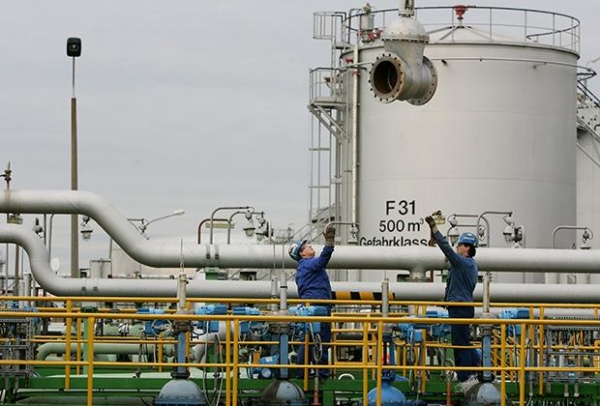
Further movement of oil prices depends largely on accurate compliance with the agreements about the freezing of production
Photo: Andreas Rentz / Getty Images
The willingness of a wide range of oil-producing countries not just OPEC, for coordinated action can spur the growth of oil quotations to the level of 45 dollars per barrel. “But the positive outcome of the meeting does not guarantee actual compliance with the agreements — individual countries can disrupt the established quota, as it regularly happens inside OPEC”, — said Vladimir Evstifeev, the chief of analytical management of Bank “Zenith”.
“Most likely, in Doha to agree: “Let’s keep hunting!” But, as has happened many times, someone will begin to break the Treaty and increase production. Others look at the neighbours and think: “And we than worse?”” — complements Andrey Polishchuk.
The stumbling block
Representatives of OPEC included Iran should attend the April summit in Doha, but this does not mean that Tehran will join the agreement. If so, the excess of oil on the world market is unlikely to decrease.
Now Iran is vital to increase production to the former, docaction levels, says Director of the analytical Department of investment company “Veles the Capital” Ivan Manayenko. And Saudi Arabia, the most influential OPEC member, has long sought to increase its market share and now does not want to share with Iran.
A fundamental condition for the success of the meeting April 17 — the consent of all countries, emphasizes Vladimir Evstifeev. Iran has been repeatedly talking about Neorenaissance the level of production after the lifting of U.S. sanctions.
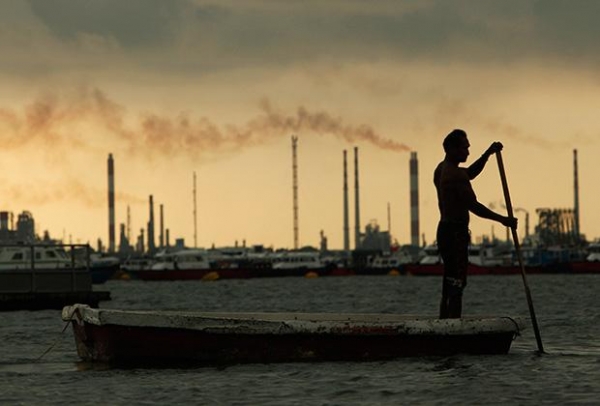
Will Saudi Arabia to freeze the production — dependent on Iran. Iran plans to increase production
Photo: Edgar Su / Reuters
“Most likely, oil-producing countries do not agree immediately, but took time to resolve mutual claims, for example, on Iran. Iran can give the time to recover the production level, and then to meet again” — believes Vladimir yevstifeev.
Unpredictable Kingdom
How to behave in Saudi Arabia, to say as difficult: this important oil exporter for the last two years has only increased us production and paid a considerable price for the company and increase its market share and crowding out shale producers.
With the influence of Saudi Arabia in OPEC, as well as the impressive size of foreign exchange reserves, the Kingdom is able to insist on further increasing production.
“But taking into account the budget deficit, the constant talk about the Dutch disease and the need to diversify the economy, as well as awareness of the need for a new conspiracy in order to prevent the fall of oil below $ 30, Saudi Arabia could be accommodating,” emphasizes Manayenko.
“It is not excluded that then Saudi Arabia will reconsider its decision, or completely overturn it,” adds the analyst of Gazprombank Evgenia dyshlyuk.
The piano in the bushes
Freezing will help the global oil industry to overcome the oversupply, but OPEC and Russia, this market significantly impact the US and don’t want to reduce production. And with increasing world prices will only expand their production.
“Oddly enough, but so far little to say about Canada, extracting oil from tar Sands. But they are already beyond break-even”, reminds us of another important player in the energy market Ivan Manayenko from “Veles Capital”.
Be that as it may, the meeting on 17 April not may not affect oil prices. According to Andrey Polishchuk, everything will depend on the nature of the application. If it is soft: “We will keep production at current levels”, the price will go down. If we adopt a strong resolution: “We will reduce production by so much per cent”, it is possible a significant growth of quotations.
“We feel that the price range is 40-42 per barrel implies an agreement to freeze the oil with concessions to Iran. Accordingly, inconclusive meeting will bring down the prices by up to 30-35 dollars. To gain a foothold above the level of $ 42 will be either some time after the meeting, subject to the continued decline in production in the United States, either with the consent of Iran to make concessions”, — sums up Manayenko.



